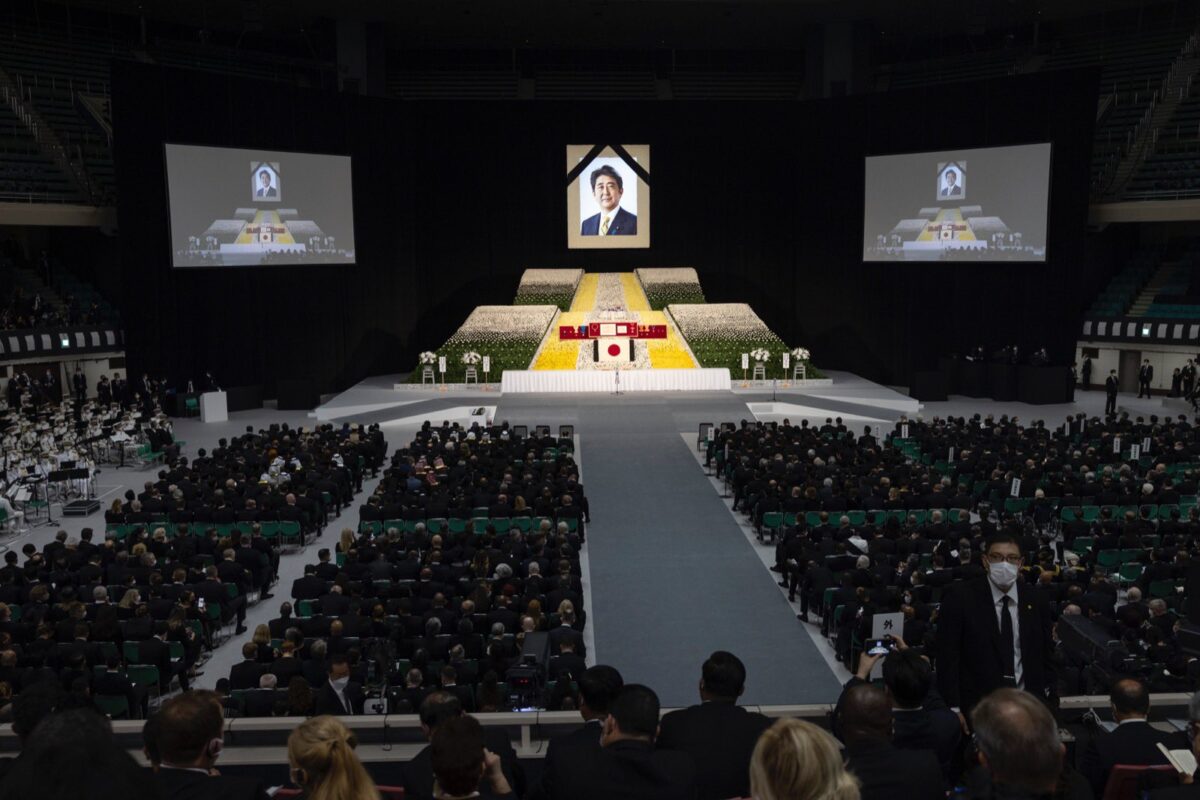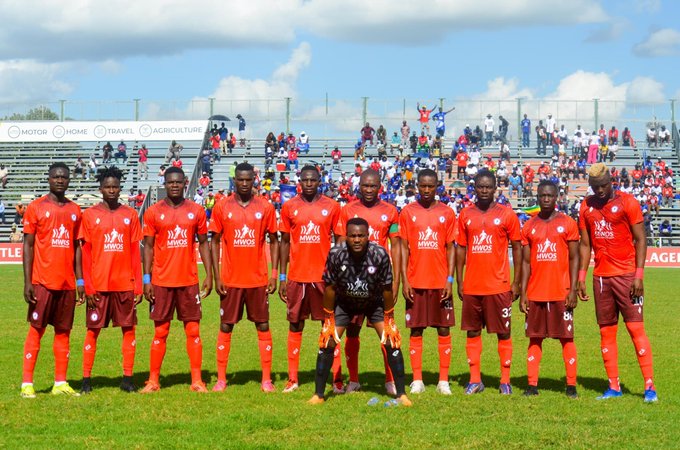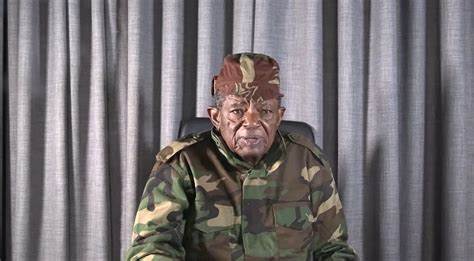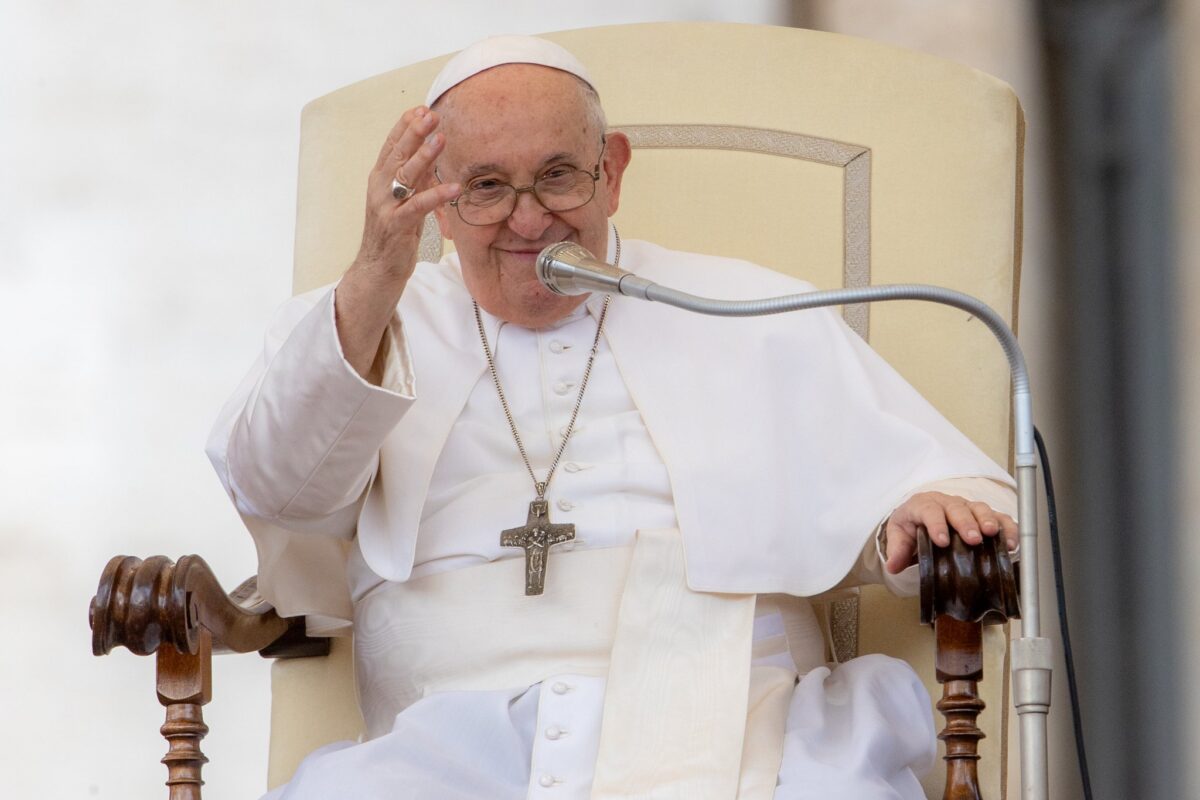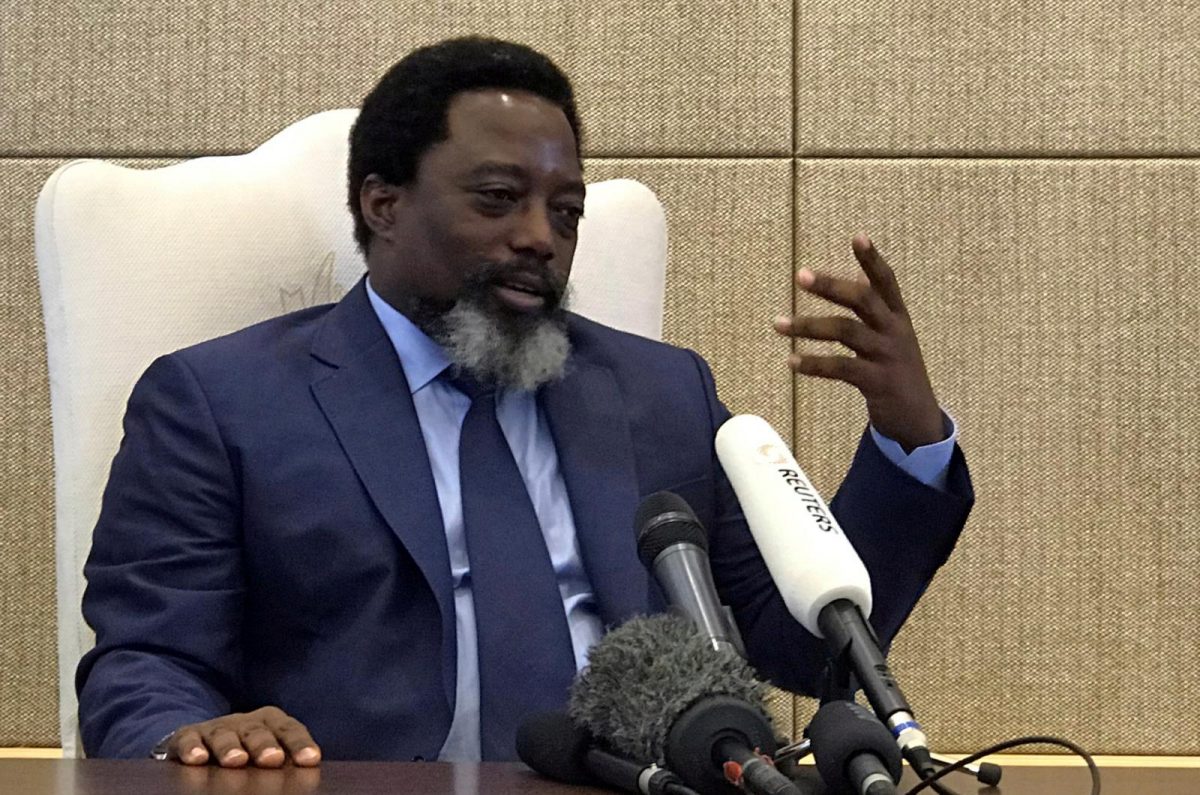HARARE – Shamed former vice president Kembo Mohadi represented Zimbabwe at Tuesday’s funeral of ex-Japanese Prime Minister Shinzo Abe, ZimLive has learnt.
Mohadi, who resigned in March 2020 after being engulfed by a sex scandal, was accompanied by eight aides on the trip.
Zimbabwe’s treasury picked up his travel bill.
President Emmerson Mnangagwa’s spokesman George Charamba defended the decision to send the 72-year-old, who now works full time at Zanu PF headquarters and remains the party’s second secretary.
“The president of Zimbabwe can pick on any citizen to represent him at a funeral, more so in respect of funeral of a person who is no longer in government,” Charamba said on Wednesday.
“State money is used because the representation is not for the Mohadis, but for the Zimbabwean state.”
Mohadi and his delegation arrived in Japan on Sunday. They return to Zimbabwe on Thursday.
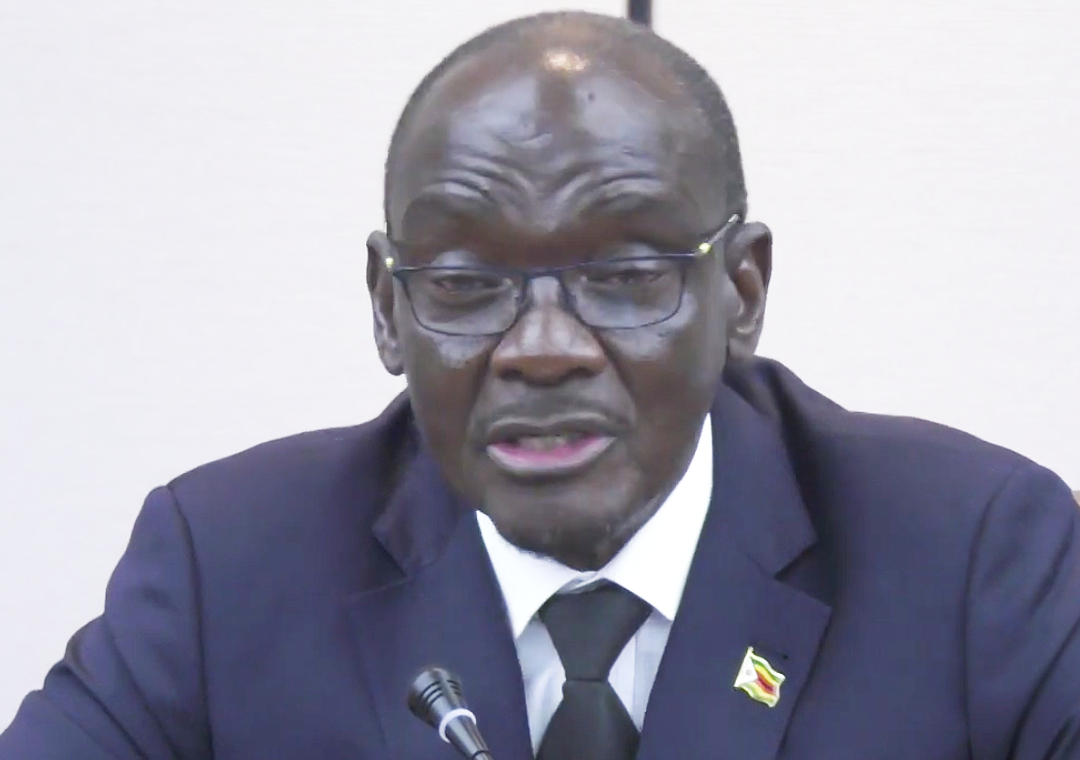
About 4,300 people attended Tuesday’s ceremony and at least 48 current or former government figures, including U.S. Vice President Kamala Harris and Indian Prime Minister Narendra Modi.
Abe’s ashes were carried into the venue at the Nippon Budokan Arena in Tokyo, where the government played a video tribute honouring his life and career.
Abe was assassinated on July 8 on a street in western Japan by a gunman who opened fire on him from behind as he delivered a campaign speech — an attack that stunned a nation with some of the strictest gun control laws anywhere.
The 67-year-old Abe, who was Japan’s longest-serving leader when he resigned in 2020, collapsed bleeding and was airlifted to a nearby hospital in Nara, although he was not breathing and his heart had stopped. He was later pronounced dead after receiving massive blood transfusions.
Abe’s brazen assassination shocked a nation unused to high-profile political violence, but there has been another surprise in the weeks since the murder as details have emerged about an alleged assassin who was well-off until his mother’s huge donations to the controversial Unification Church left him poor, neglected and filled with rage.
Some Japanese have expressed understanding, even sympathy, for the 41-year-old suspect, especially those of a similar age who may feel pangs of recognition linked to their own suffering during three decades of economic malaise and social turmoil.
There have been suggestions on social media that care packages should be sent to suspect Tetsuya Yamagami’s detention center to cheer him up. And more than 7,000 people have signed a petition requesting prosecutorial leniency for Yamagami, who told police that he killed Abe, one of Japan’s most powerful and divisive politicians, because of his ties to an unnamed religious group widely believed to be the Unification Church.
Prime Minister Fumio Kishida’s popularity has plunged since the killing, and he has shuffled his Cabinet to purge members with ties to the religious group. The national police agency chief submitted his resignation in August to take responsibility over Abe’s assassination.
Yamagami, who is being detained for mental evaluation until late November, has previously expressed on social media a hatred for the Unification Church, which was founded in South Korea in 1954 and has, since the 1980s, faced accusations of devious recruitment practices and brainwashing of adherents into making huge donations.
Yamagami said his family and life were destroyed by the church because of his mother’s huge donations.
“After my mother joined the church (in the 1990s), my entire teenage years were gone, with some 100 million yen (US$735,000) wasted,” he wrote in the typed letter.
(Additional reporting Associated Press)

